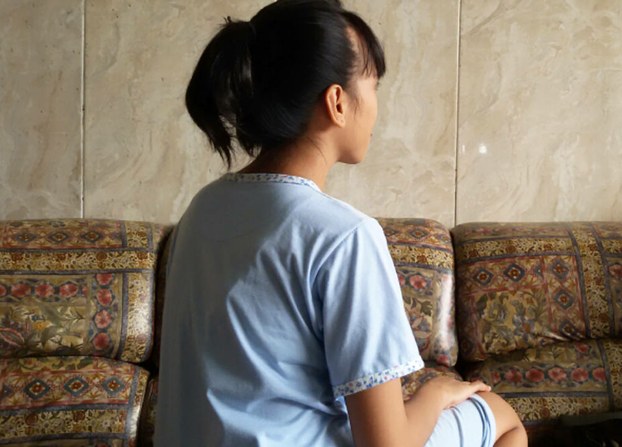The experience of sexual trafficking has a serious and extraordinary impact on the victim. Generally, they experience trauma, physical injury, disturbed psychological life, sexual problems, which are the result of continuous sexual exploitation and stigma received from the community. This condition makes them mentally depressed, especially if access to assistance is difficult for them to get.
Interestingly, it turns out that not all victims of sexual trafficking fall under unfavourable psychological conditions. Some research states that in stressors which are insistent and significant, even traumatic events that multiply, certain people can immediately rise from the problem and become resilient individuals. Individuals can get out of their problems and become resilient due to supporting factors.
How Can Victims Revive?
The individual potential to rise up, heal, and grow is what makes people resilient. It’s not merely about knowing one’s potential, but about how that potential actually brings about resilience in an individual against the challenge they face. Resilience in general is the ability to heal from a crisis and overcome life adversity.
By exploring their story through the main question: ‘how can you rise from this situation?’, We got several important themes to understand the factors that made them rise from mental stress due to sexual experiences.
Sexual Survivor Resilience Trafficking
The risk of becoming a victim of sexual trafficking can be identified through these factors, in the form of vulnerable personal conditions, family poverty, family disintegration, family dysfunction, peer influence factors and juvenile delinquency, unsupportive society, and stigma in the community. These risk factors are mostly inherent to individuals long before they become victims.
While the factors that encourage mental recovery and the ability to rise in survivors of sexual trafficking include: (1) Personal Protective Support, which comes from the growth of the belief that individuals are able to rise, feel they have values that support themselves must recover and not sink into mental conditions that bad, practical problem solving skills and internal motivation that helps direct him to heal; (2) Social Protective Support, which is the support received from family, peers and support from a safe house / shelter that ensures that they can continue all their life activities and become mentally recovered.
Based on the description of risk factors, protective support, and social support, psychology professionals can intervene to increase the strengthening of individuals, families and increase social support for survivors. By knowing the characteristics of these factors working on survivors, it will be easier for the therapist to create a psychological intervention program for survivors. (*)
Authors: Ike Herdiana, Suryanto, Mustain Mashud, Wiwin Hendriani
This article can be found at the following link: http://journal.uad.ac.id/index.php/Psychology/article/view/13353/pdf_38





